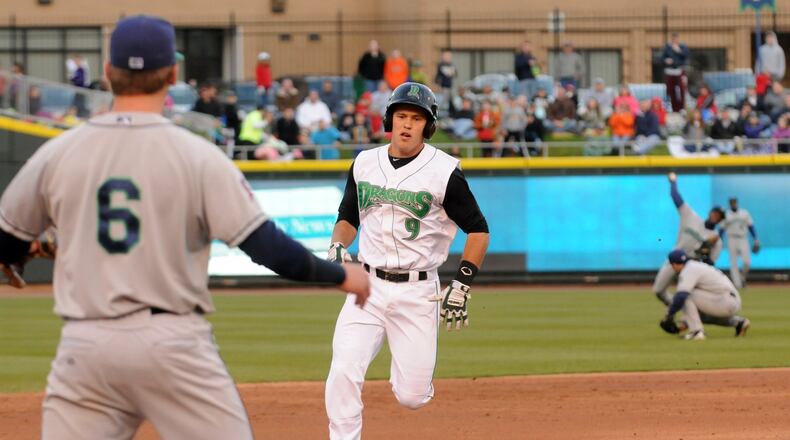“It’s been real busy,” Murphy said. “It’s unbelievable this is Thanksgiving Week. I don’t know what happened. It’s been a good offseason. We’re making some real good progression for next season.”
The Johnson Award has been presented annually to Minor League Baseball’s most complete franchise since 1974. There are 160 minor league teams, and this is the top award any of them can receive.
It’s the first time the Dragons have won it, though they have been in contention for several years.
“The Dayton Dragons epitomize how a Minor League Baseball club should operate,” said Pat O’Conner, President of Minor League Baseball, in a press release. “They have become a cornerstone for the community in which they reside.”
Another Reds affiliate, the Single-A Billings Mustangs, won the honor in 2010. Two other Midwest League teams have won the trophy: Cedar Rapids in 2008 and Quad Cities in 1980.
Murphy said he thinks the Dragons’ success over their 13 seasons of existence led to the award, as much as anything the franchise did in 2012.
“I do think it’s a cumulative effect,” he said. “You’ve got the 913-game sellout streak. They look at our school programs. The MVP program has grown. We’ve got the Hometown Heroes program and the Home Run for Life. They look at it as a complete body of work for 13 years, and I also think it’s recognition of how much the city leadership and our fans have stepped up.”
About the Author

